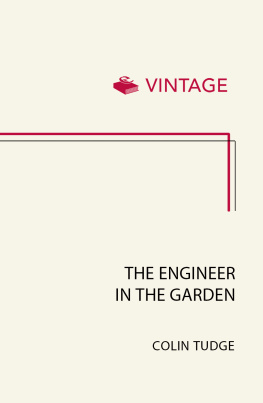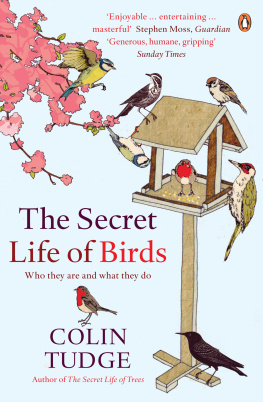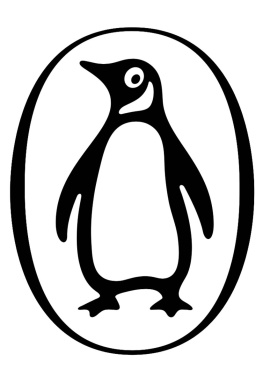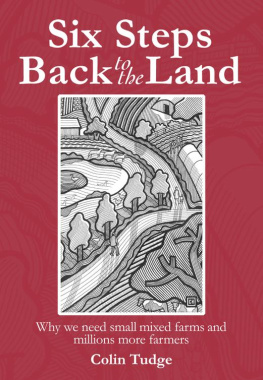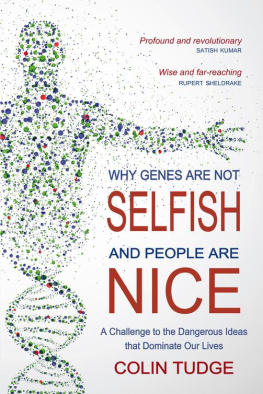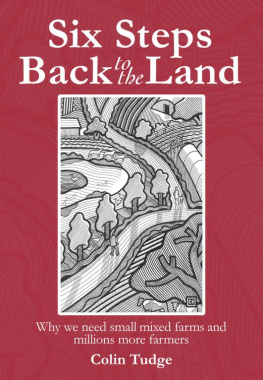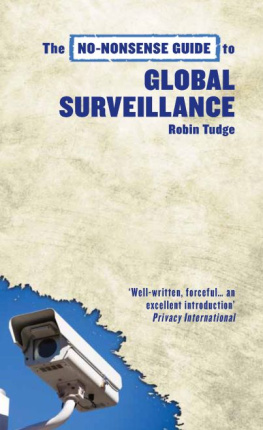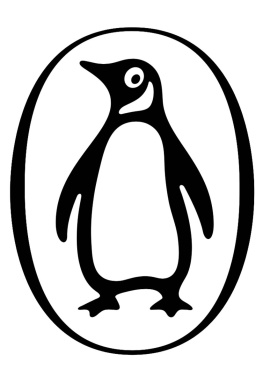
THE ENGINEER
IN THE GARDEN
Genetics: From the Idea of
Heredity to the Creation of Life
COLIN TUDGE
This ebook is copyright material and must not be copied, reproduced, transferred, distributed, leased, licensed or publicly performed or used in any way except as specifically permitted in writing by the publishers, as allowed under the terms and conditions under which it was purchased or as strictly permitted by applicable copyright law. Any unauthorised distribution or use of this text may be a direct infringement of the authors and publishers rights and those responsible may be liable in law accordingly.
Version 1.0
Epub ISBN 9781446466988
www.randomhouse.co.uk
PIMLICO
An imprint of Random House
20 Vauxhall Bridge Road, London SW1V 2SA
Random House UK Ltd Reg. No. 954009
First published by Jonathan Cape 1993
Pimlico edition 1995
1 3 5 7 9 1 0 8 6 4 2
Colin Tudge 1993
The right of Colin Tudge to be identified as the author of this work has been asserted by him in accordance with the Copyright, Designs and Patents Act, 1988
www.vintage-books.co.uk
A CIP catalogue record for this book is available from the British Library
ABOUT THE BOOK
Today we are developing a science that could change the world for good or ill more profoundly than ever before. This science of genetics promises or threatens nothing less than the creation of life.
Colin Tudge leads the reader gently through the deepest intricacies of genetics. He traces its history. He explores its awesome power and its current applications. And he speculates on its thrilling or terrifying future. He has written an essential book for anyone interested in the future of the human race.
CONTENTS
ABOUT THE AUTHOR
Colin Tudge was educated at Dulwich College and Peterhouse, Cambridge. For nearly three decades he has written on biological issues for magazines and newspapers such as New Scientist and the Independent, and during the 1980s he presented his own science programme on BBC Radio 3. His previous books include The Famine Business, Future Cook, Food Crops for the Future, The Food Connection, Global Ecology and Last Animals at the Zoo. He is the only three-time winner of the Glaxo Science Writer of the Year Award and both Last Animals and The Engineer in the Garden were shortlisted for the Rhne-Poulenc Science Book Prize.
Prologue
A woman of no great age just 120 or so reaches from her balcony a quarter mile above the ground, brushes aside the snow, and picks from the ivy that clothes the building to the eaves, a ripe passion fruit. It is the scarlet variety a touch of colour almost seedless, and big as a pomegranate. Hers is a pleasant and typical urban existence; the high-rise apartments all around like cliffs and spires of green, dotted here and there with fruit that once grew only in the tropics; deer in the gardens; eagles and kites overhead; the occasional wolf, yelping in the forest on the city edge.
You may or may not find such a vision pleasing: too fanciful, perhaps; too artificial; or too smug. It is a matter of taste. You will surely prefer it, though, to another which perhaps is more likely: a desert that stretches through almost all of Africa; a rising sea that has already obliterated lowlands everywhere, from the arable fields of eastern England to the entirety of Florida; fragments of humanity under siege, desperately clinging to what they have left, spawning committees, throwing up despots, and inventing religions to fend off and to explain to themselves the horror that has overtaken them.
Or indeed for futurism is a game that anyone can play you might care to envisage a thousand and one scenarios of your own: of life much the same as now; of life that contrives to be the same as now, but in which there are two, or three, or five times as many people; of life like now but with half the houses empty; like now but with no animals, or wild plants; or so radically different from the present as to beggar belief with people living effectively for ever, and dinosaurs in zoos, and the world cleaned up (or nibbled away) by life-forms reinvented, and without precedent in the history of the Universe. All that is certain is that almost any future you care to envisage could in theory come about. Provided you do not choose to reinvent the laws of physics, which seem to be beyond transgression, anything you can bring to mind could probably be achieved.
Or rather any future you may care to bring to mind could overtake us: for we, the British, the Americans, the Australasians, the Africans and the Asians we the human species are not in control. We aspire, or many of us do, to live in democracies. Even despots love the word democracy. In the name of democracy, we hold protracted and immensely expensive elections. Of course this is worthwhile, for some governments are clearly less disastrous than others.
But even the worlds most committed democracies have a quality that is merely cosmetic; because, in the end, the lives of individual people, and the destiny of humanity as a whole and of our fellow species, is only in part only in superficial part determined by governments, elected or otherwise. For at least two million years, since human beings first began seriously to develop technologies, our individual lives and our overall fate, even our evolution, has largely been shaped by those technologies; and in the main those technologies have effectively followed their own logic. One idea has led to another, and each new idea has shaped society afresh. Governments, kings, emperors, like the rest of us, have for the most part merely adjusted to what had become available. Nobody has truly determined the course of events. The most successful have been those who have adjusted fastest to whatever new technique is most powerful.
So long as the technologies were feeble, and so long as human beings were a rare and scattered species, this laissez faire attitude to our own ingenuity mattered very little. But the technologies soon became very powerful; and because of that, we soon ceased to be rare and scattered. Our ancestors had fire, a million years ago. It is truly amazing what can be achieved with a stone axe and a bone-tipped spear. Within the past few tens of thousands of years, it seems, our ancestors obliterated vast suites of other animals, including the big herbivores of Europe and North America and the sabre-tooths that preyed upon them. A few thousand years ago, before the Romans came, ancient Britons de-forested much of Britain, and created the modern moors and heaths. The beautiful but stark islands of the Mediterranean were forested until a few thousand years ago. There was never a policy to bring about such vast and permanent ecological change. It was just the way things turned out, as our ancestors followed their noses, exploited the tools they had to hand, made new ones, and solved their day-to-day problems. The technology employed was of the kind that now looks so quaint in local museums. With stone axes and an aptitude for fire our ancestors altered the entire world, long before any of todays societies or any of those in written history had come into existence.
Next page
